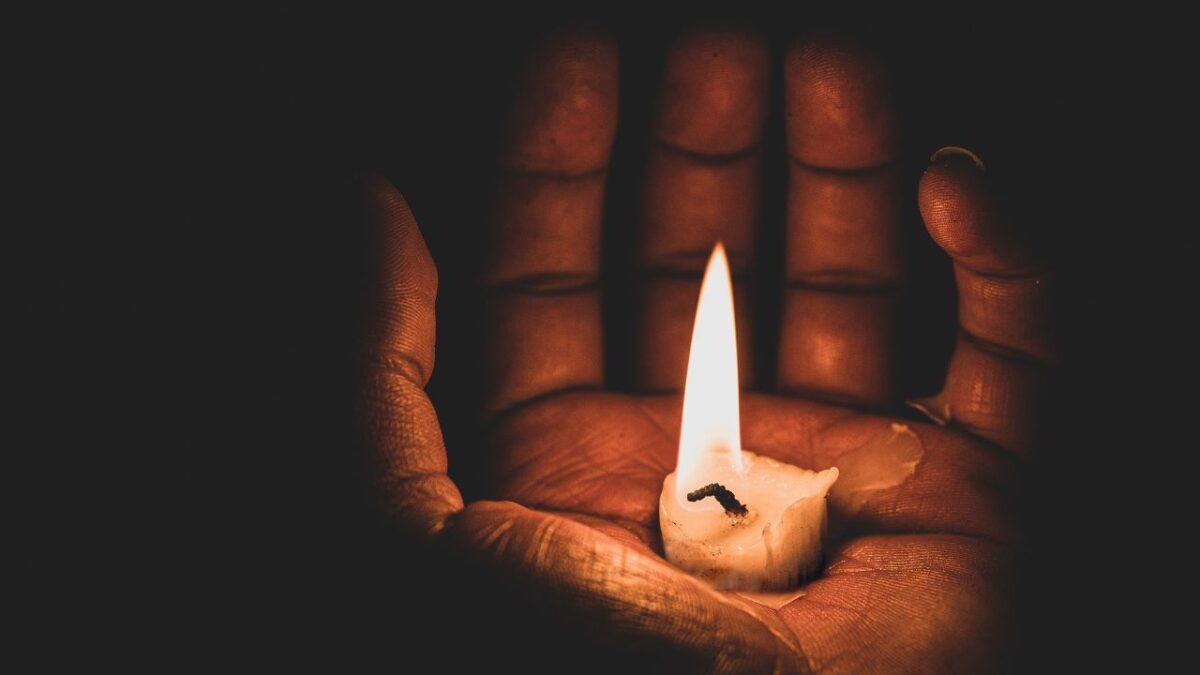by WILLIAM OGUTU

Harmful cultural traditions and the rise of modernity and individualism within our societies have left vulnerable widows with nowhere to turn to in times of trouble.
Death brings us closer than life does. There is a togetherness, a unity that unfolds when a death occurs, a shared grief that gathers family, relatives and friends in a final farewell, the generous support sometimes extending to great lengths to ensure a befitting send-off; funerals can cost a million Kenyan shillings and more. But after the wailing and the howling that is fit to alert the dead to our mourning, the storm passes, the calm returns and the bereaved are left to pick up the pieces, to try and rebuild something, anything.
I lost my dad when I was 19. His death did not hit me like a sack of potatoes off the shoulders of a labourer in Gikomba. It was a slow train that rode reluctantly for a year before the reality hit me.
It was during my first year in campus that I learned that the generous support that my family had received during our season of grief had an inevitable end. What did I expect? Life moves on as fast as death is forgotten?–?until we need to remember it again. What I was particularly worried about was my mum?–?now a young widow expected to mother and father four kids. Or maybe three?–?I was out and about in the world trying to find a way out of this maze that was my life. Two of my siblings were in high school at the time and one had not seen enough sunrises and sunsets to know how to tie his shoelaces.
They say that “home is the tranquillity we return to when the world turns into confusion”. For me, tranquillity was anywhere but home. It crushed me to the core to see my mother taking menial jobs for 200 shillings that could barely school one let alone three siblings. It was utterly depressing to see her once glowing face turn to a gray gloom. She was struggling and she carried the evidence like a kipande. Everything we planned seemed not to work and everyone she reached out to always seemed to have a lot on their own plate to digest. Although much has changed for the better, this experience led me to reconsider my understanding of family and community. Is there a role for family and community in dealing with widowhood in our communities? How best can we support widows in their struggles?
Widows face a myriad of problems from social isolation, economic difficulties, and the challenge of being almost non-existent in the eyes of society. Stereotyping and systematic marginalisation add to the weight of the problems they already have. Yet, in their grief, they often exemplify strength and resilience. However, there is a limit to how much one can take. A 2018 study on the psychological impacts of widowhood in Meru County in Kenya involving 384 participants – 192 widows and 192 widowers?–?found that a partner’s absence had a negative impact on the mental wellbeing of both sexes but widows were more greatly impacted. The study found that widowed people may become withdrawn, unmotivated, frustrated, and experience burnout.
With the pressure of being a first-born comes the privilege of receiving information on family issues first-hand. My mother used to consult me when there was no food, informed me when my younger brother had been sent home for lack of school fees, told me what some relative had said about someone?–?family gossip. But when one day she sat me down for a conversation and started sobbing, I was confused. To be honest, I do not remember most of what she said except for this: “Since your dad passed away things have not been easy… I feel like I have failed you as a parent.” Something happens when you see your hero?–?or heroine?–?at their lowest, bruised and battered, crushed and crumbled, deep in despair. The same feelings wash over you and you become just as hopeless. So now, when my brother was sent home for lack of school fees, it was better for him to just stay home. Or when there was no food for the day, why go looking for it where you will most likely not find it?
The Elephant for more
